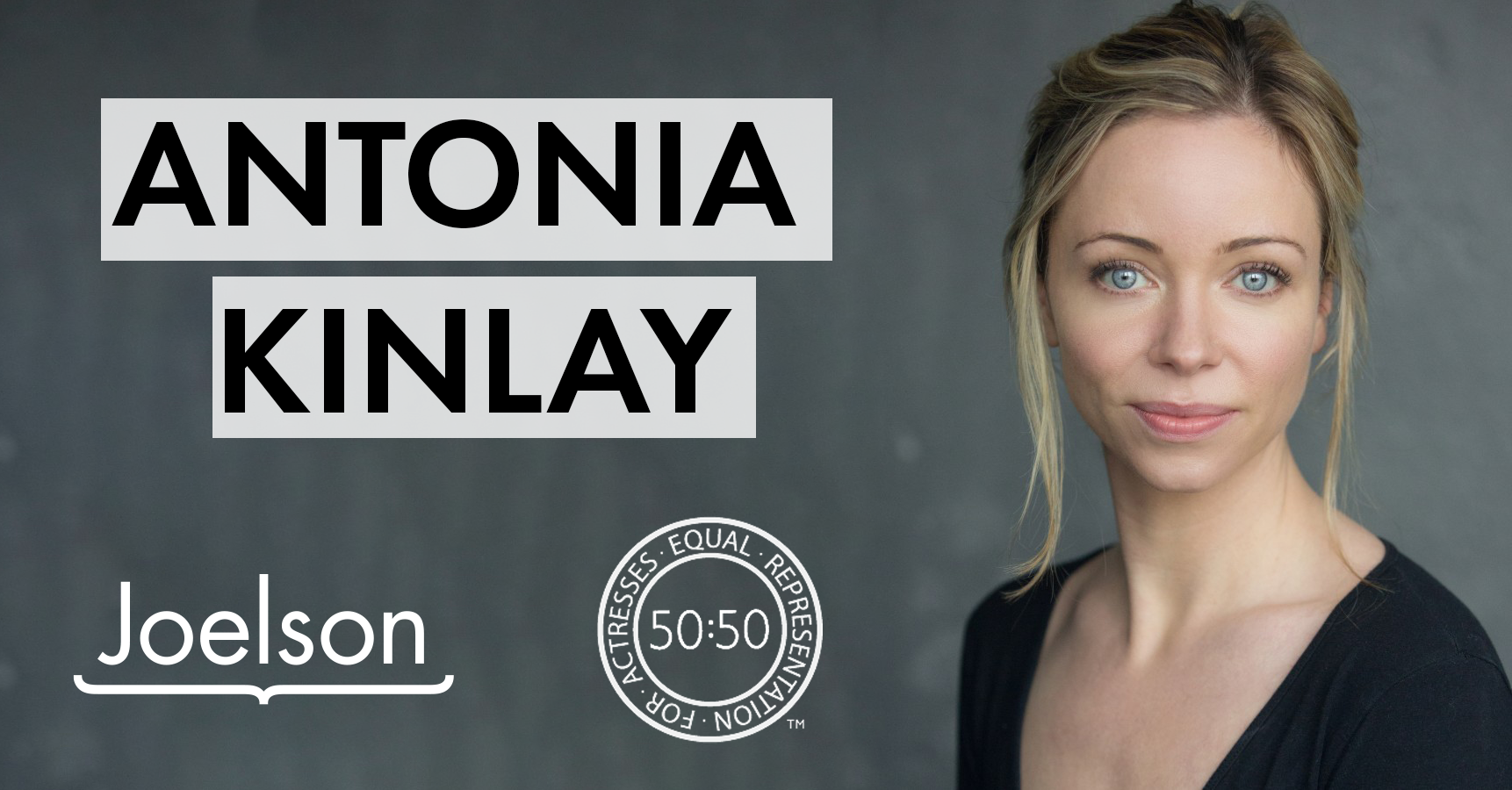Posted Tuesday 10th August 2021
Joelson has acted for Antonia Kinlay, an actor, in her claim for pregnancy discrimination against J K Rowling’s production company Bronte Film and Television Ltd. Ms Kinlay’s advocate was Paul Epstein QC of Cloisters. The issue was whether Bronte had treated Ms Kinlay unfavourably because of her pregnancy under sections 18(2)(a) and 39(1)(c)of the Equality Act 2010 by not offering her a role as Sarah Shadlock in the second of the ‘Strike’ series: “Strike: Career of Evil”?

Under the Equality Act 2010 it is unlawful to treat someone unfavourably because of pregnancy, which is one of the nine protected characteristics under the Act. A ‘genuine occupational requirement’’ can be an exception, however a genuine occupational requirement has to have a legitimate aim and it must also be proportionate.
Bronte said that it was a genuine occupational requirement (GOR) that the actor not be visibly pregnant because that did not fit with the storyline. Ms Kinlay agreed that there was a requirement that the character in the role be not visibly pregnant but it was not a GOR that the actor herself not be visibly pregnant given the many ways of concealing a pregnancy, with props or with digital alteration.
Bronte Film and Television argued that there was a GOR that the actor not be visibly pregnant because the means of disguising the pregnancy were not proportionate. Bronte argued that disguising the pregnancy could have limited the Director’s vision, there was a risk Ms Kinlay could be unwell because of her pregnancy, it would be disproportionate to arrange the filming schedule around the pregnancy, the post production editing costs could be too high in proportion to Ms Kinlay’s wage and finally that it could be difficult to obtain insurance.
The Employment Tribunal did not agree with Bronte. There were a number of unpredictable factors in the filming including the weather, a script that was subject to changes and possible changes of venue. The risk of Ms Kinlay being unwell was minimal. The role of Sarah Shadlock was a minor one and would not have meant big changes to the filming schedule. Post production visual editing had not actually been considered at the time however and even if it had been, the cost was not disproportionate. Likewise insurance had not been considered at the time but witness evidence from other actors who had filmed while pregnant suggested that Ms Kinlay filming for four days in the middle of her pregnancy was not an insurmountable consideration.
The Tribunal did not agree with Bronte that an occupational requirement that the actor not be visibly pregnant was reasonable or necessary. Bronte’s arguments about the costs and risks of continuing with Ms Kinlay in the role did not succeed and Ms Kinlay won her case.
The case is a key one for genuine occupational requirement exceptions in the film and television industry. Employment tribunals interpret these restrictively and it is for the Respondent, that is, for Bronte, to show that relying on a GOR was both a legitimate aim and proportionate.
Ms Kinlay was clear from the outset that this was never a case about monetary compensation. This case was about a principle of social justice. All Ms Kinlay sought from Bronte Film and Television was fair treatment and to highlight problems concerning sex and gender in the industry.
This article is for reference purposes only. It does not constitute legal advice and should not be relied upon as such. Specific legal advice about your specific circumstances should always be sought separately before taking or deciding not to take any action.